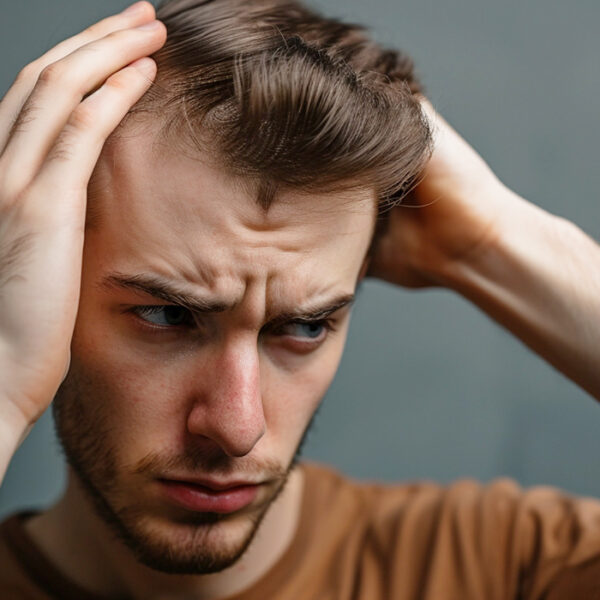In 2007, an article was published in the journal Neuroendocrinology Letters on the potential effect of various odors on hormone levels in males and females. The results show some pretty interesting effects, giving strong evidence that we can actually modulate our hormone levels through the application of various odors.
BACKGROUND
- A group of researchers from Nara University of Education in Japan and the Kanebo Ltd. Cosmetics laboratory sought to examine the effects of three odors on hormones. The three odors were:
- Rose oil, which has been shown to reduce stress and lower cortisol.
- Floral, which is also known to reduce stress in aromatherapy.
- Musk, which has historically been used as an aphrodisiac in several cultures.
- The hormones they examined were:
- Cortisol, which is associated with stress (high stress results in high cortisol).
- Testosterone, which is associated with sexual arousal, aggression, and certain aspects of mood and personality.
- The researchers noted that plenty of research in the past has shown that different odors can influence people. For instance, lavender has been shown to increase blood flow to male genitals 30-40% in male subjects (seriously!).
EXPERIMENT
- A group of 16 healthy college students (half men, half women) were chosen as test subjects.
- They were screened for colds, asthma, allergies, and smoking beforehand, since these affect one’s ability to smell.
- They also screened participants for factors that might influence their hormones (heavy drinking and exercise both).
- The women in the study were screened based on whether they had regular menstrual cycles and whether they were taking contraceptives (research has repeatedly shown that women’s menstrual cycles tend to influence their senses of smell).
- Finally, test subjects were required to avoid activities the night before the study sessions that might influence their sense of smell.
- At the beginning of the study, all the participants had a saliva sample taken.
- Hormone levels were assessed to determine the “before” levels.
- Then, a glass bottle was presented to the participants. The bottle either contained an odor (either rose, musk, or floral), or the participants breathed clean, odorless air that was piped through activated charcoal.
- The participants breathed the odor for 40 minutes.
- After being exposed to the scent, participants gave another saliva sample and then went home.
- This saliva sample would be the “after” hormone levels.
- Participants did this on four different days so they were exposed to all of the scents. They even put the exposures three days apart so the participants wouldn’t be influenced by previous sessions.
RESULTS
- Cortisol:
- All three scents (musk, rose, and floral) decreased cortisol in both sexes.
- In other words, just experiencing these scents tended to decrease stress.
- Testosterone:
- In men, floral significantly increased Testosterone, and musk significantly decreased it.
- This seems contrary to what one would expect, but it’s true!
- In other words, one might expect floral scents to increase sexual arousal and aggression in men, while musk decreases these.
- In women, rose and floral significantly decreased Testosterone, and musk significantly increased it.
- Thus, one might expect that rose and floral tend to decrease aggression or excitement in women (even sexual arousal), while musk tends to increase these.
DISCUSSION
- So what did we learn? Odors can influence not just our moods, but also our hormone levels.
- Musk seems to result in greater arousal for women, but not men (through testosterone).
- Floral scents seem to result in greater physical arousal for men, but not women (again, through testosterone).
- Musk, floral, and rose scents all tended to decrease cortisol, which is associated with stress.
- Thus, as strange as it might seem, if men want to increase their “manly hormone” (testosterone), they might consider flowery, floral scents!
- Likewise, if men want to woo women, the old use of musk might actually do the trick.
- Use this knowledge only for good and not evil!
Reference
Fukui, H., Komaki, R., Okui, M., Toyoshima, K., & Kuda, K. (2007). The effects of odor on cortisol and testosterone in healthy adults. Neuroendocrinology Letters, 28(4), 101-000. Link: https://www.ncbi.nlm.nih.gov/pubmed/17693981







